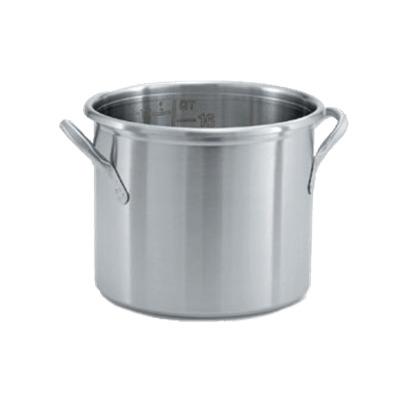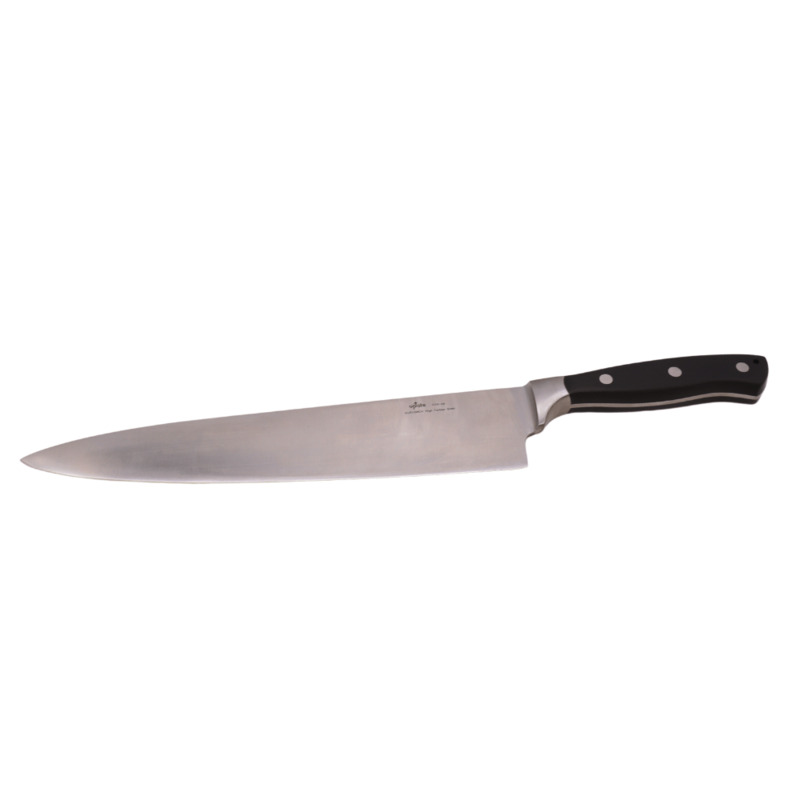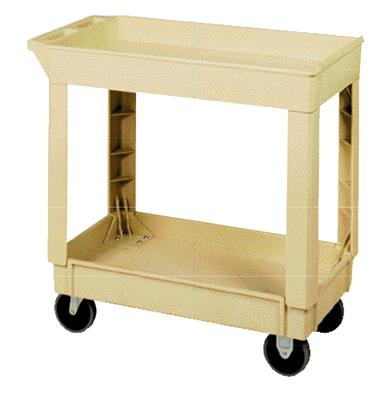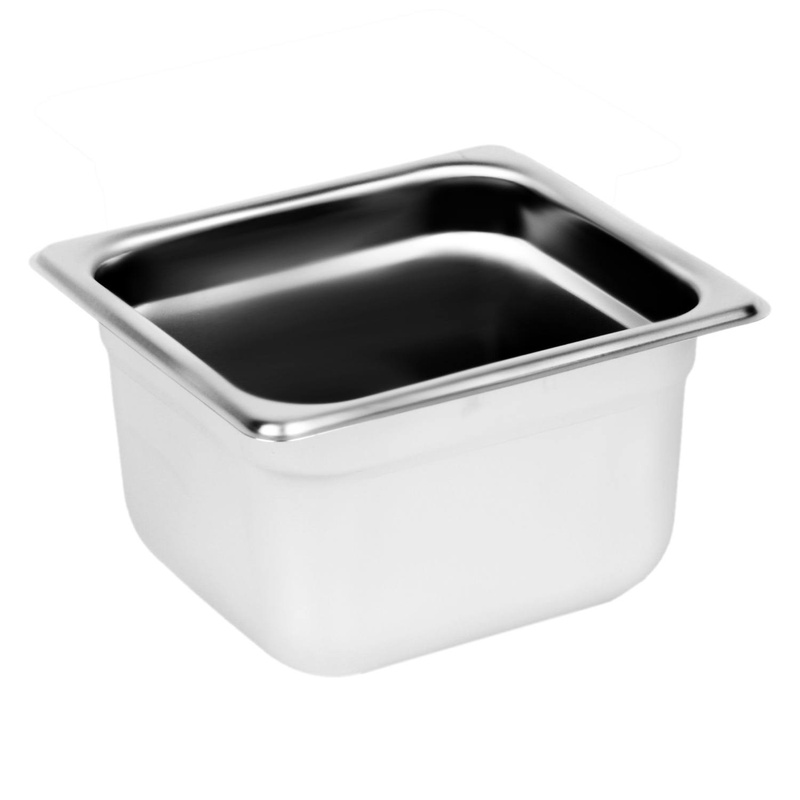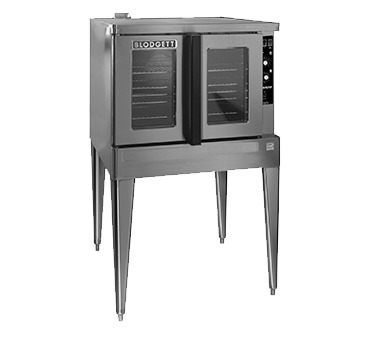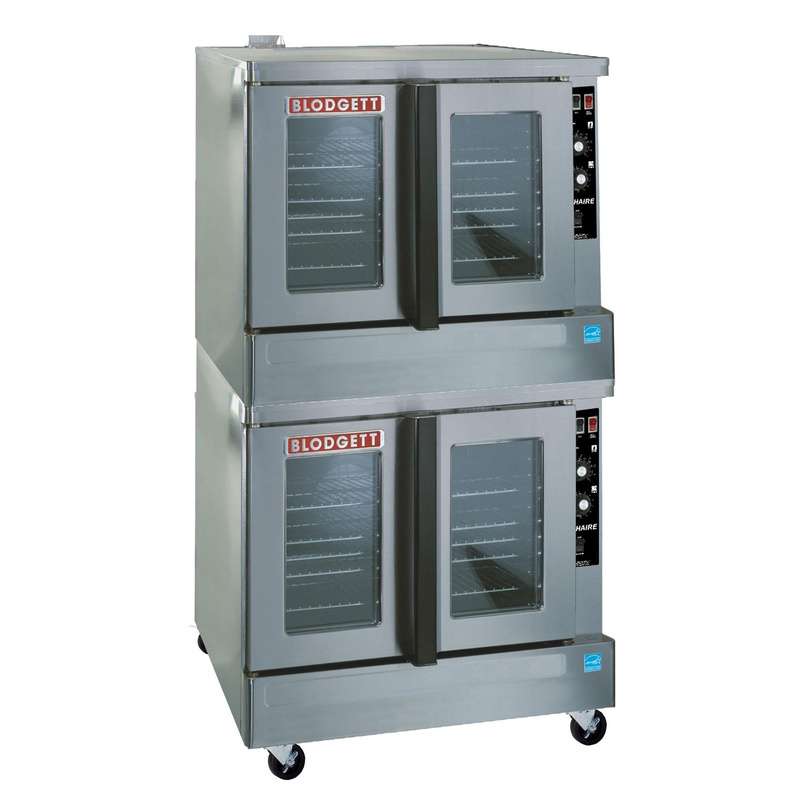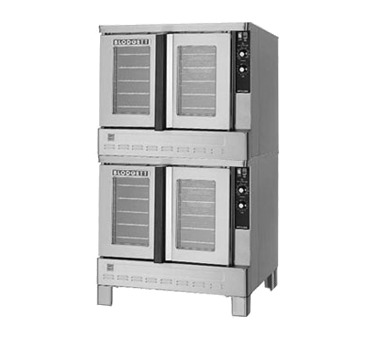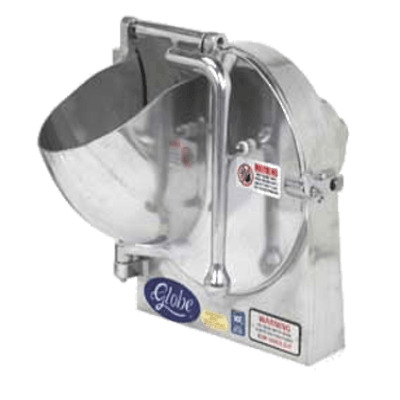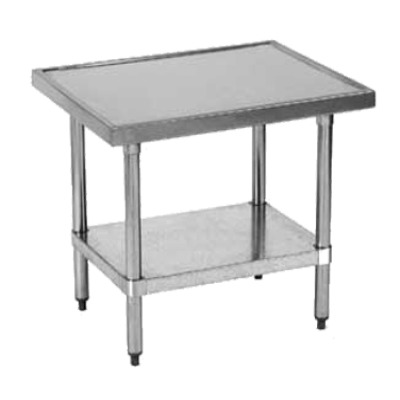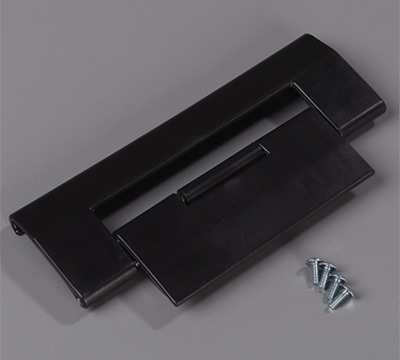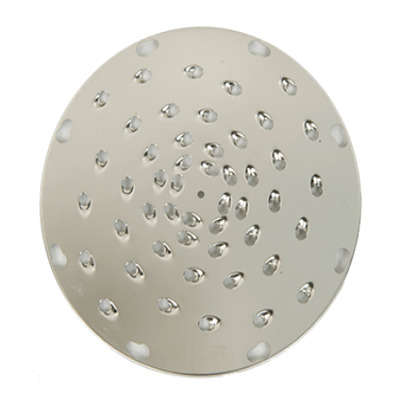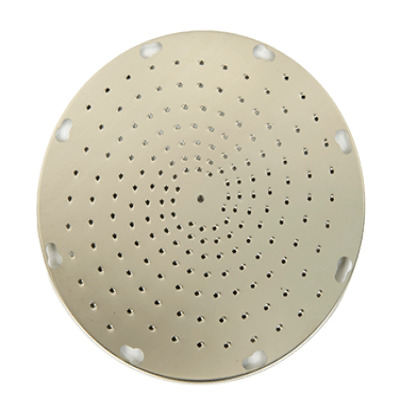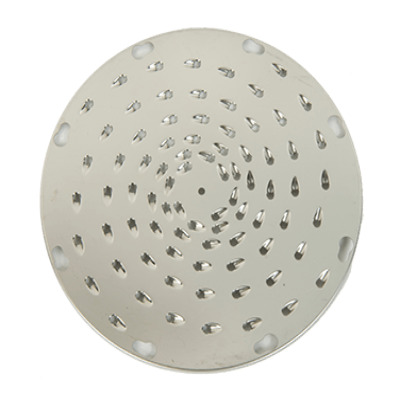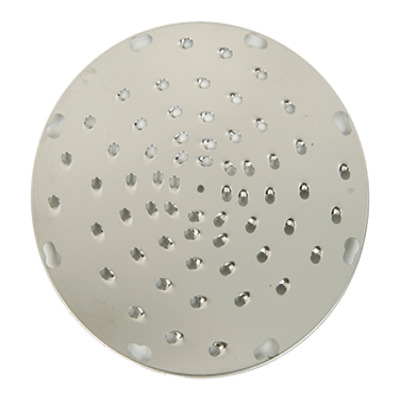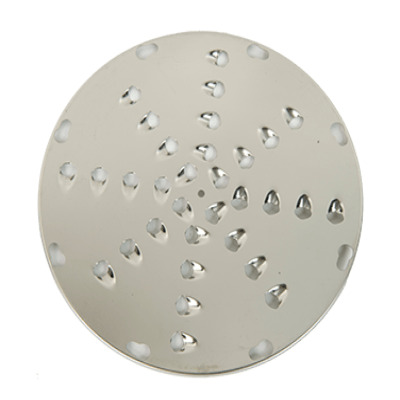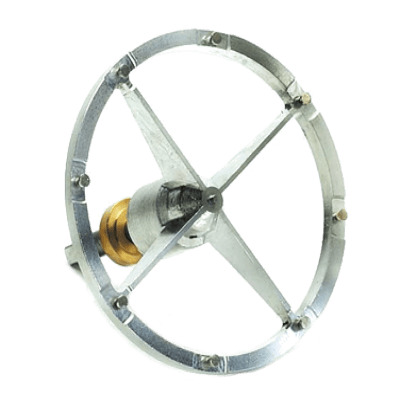One of the most significant investments a dining establishment will make is the foodservice equipment. In order to maximize your investment, you need to get the most productivity possible for as long as possible from your equipment. The best way to ensure a long productive lifespan is proper care and operation of the equipment, which includes preventative maintenance. With all the other things taking up the time end energy required to keep a restaurant, cafeteria, or institutional kitchen operating, the best way to ensure that you take the proper steps in preventative maintenance is to work with your equipment provider or the manufacturer of the equipment to create a preventative maintenance program. When you work together to care for your equipment at scheduled intervals based on time and usage, you will prolong equipment lifespan and avoid costly breakdowns.
While it may seem like you’re paying for service that before you need it, think of a preventative maintenance program similar to the care and upkeep that is scheduled for an automobile. We’re accustomed to getting oil changes regularly as well as tire rotations, belt replacement, brake pad replacement, etc. If we waited for failure of any of these parts before we serviced them, the cost for repair would be much more expensive than our regular service and the potential for additional damage to other mechanical systems would also be much higher. Finally, the risks that go along with failure for any of these parts is very high and could even cause loss of life. While failure of a slicer or mixer to operate in a college foodservice kitchen doesn’t come with the same risk, it can still be a costly and irritating challenge to overcome.
If your preventative maintenance program is correctly set up, you will improve the reliability of all your foodservice equipment and your foodservice operation and kitchen will run smoothly without any unwanted interruptions in production. Additionally, with a preventative maintenance program, you can schedule service options when it is convenient rather than when it is necessary. Wouldn’t you prefer to have your equipment maintained at off hours rather than having it break-down during peak traffic and dealing with downtime until you can schedule service? Not only are you losing the use of any equipment that is now out of use, but you are also losing productivity in your staff because they are adjusting to the change, you are increasing your food waste from unexpected menu changes due to reduced production capabilities as well as loss in sales from decreased offering and production. When you look at all the things connected to the smooth operation of all your kitchen equipment, it is easy to see that decreasing the downtime on cooking equipment and food prep equipment and preventing breakdowns leads to significant increased savings in your operation.
Additionally, with the proper preventative maintenance, you can anticipate a longer lifespan from your equipment. By checking the equipment on a regular basis, along with avoiding any malfunction or failure, you can ensure that your equipment is always running efficiently. This means less wear and tear on the equipment and longer life.

